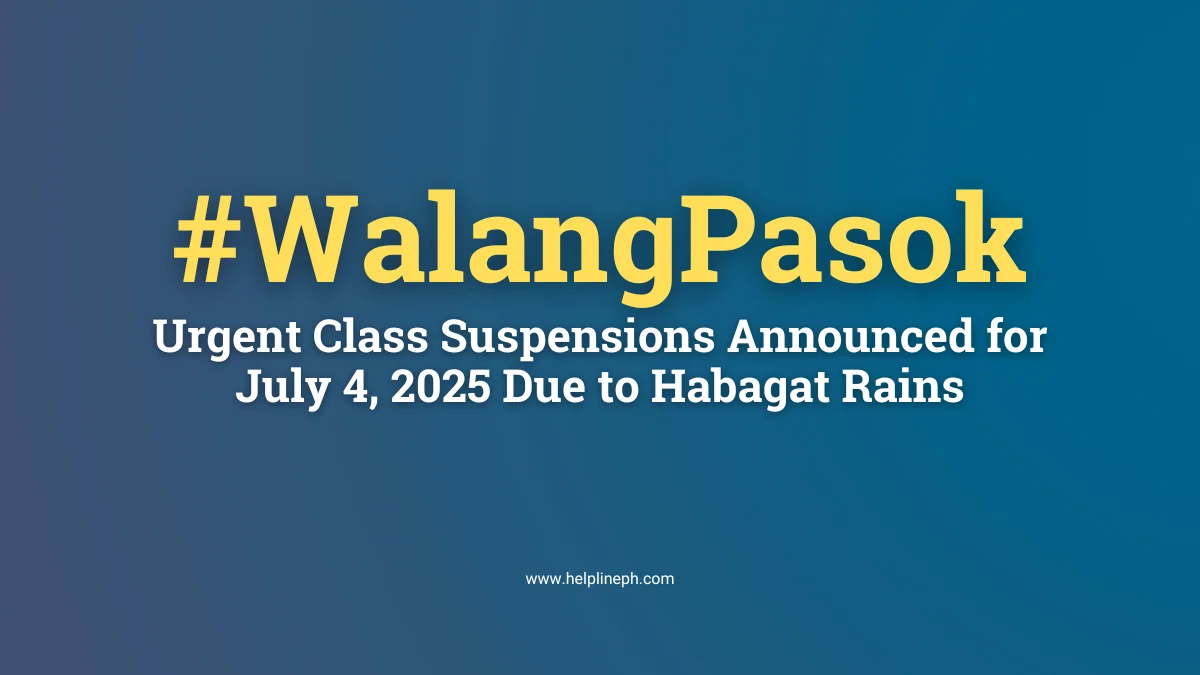The phrase “Wait until you become!” is common in the education world, especially from supervisors and senior teachers. It reminds everyone of the hierarchy or rank system in schools. This line is often said to new teachers when they feel upset or overwhelmed by tasks given by their supervisors. In many schools, seniority is very important, and this phrase reinforces that.
How “Wait until you become” Affects New Teachers
New teachers often hear this line when they complain or resist tasks given by their supervisors. In schools, new teachers are expected to follow rules and respect their senior colleagues. Questioning orders is usually met with the response, “Wait until you become.” It’s a way to remind new teachers of their lower rank, no matter how skilled or smart they are.
However, this system can sometimes limit new teachers’ potential. When a confident, skilled new teacher enters the system, their talents might challenge the senior teachers. Yet, if they go too far or question authority, they are quickly reminded of their place with the same phrase.
Respect and Hierarchy in Schools
New teachers need to understand that hierarchy is strong in education. They are expected to stay humble and show respect to those with more experience. This is how most schools operate, and it keeps order. The system ensures that new teachers know their place and respect those who have been around longer.
However, this doesn’t always work well. Sometimes, new teachers have better skills or fresh ideas that could help the school. Sadly, their talents may be ignored because of the strict seniority system. When these teachers try to offer their ideas or take charge, they are often reminded of their status with, “Wait until you become like us.”
The Problem of Being Ignored
This creates a problem for new teachers. They often feel unappreciated, which leads to frustration. Why should they work harder if their efforts go unnoticed? The strict hierarchy can discourage them from trying to make a difference because their seniors get the credit or authority, no matter their own abilities.
Around the world, hierarchy and power in education are common. When senior teachers feel their jobs are threatened by newer, talented teachers, they assert their control with phrases like “back off, I am your senior!” New teachers are left waiting—waiting until they rise in rank and become part of the same system that once frustrated them.
Conclusion
The phrase “Wait until you become” shows the difficulties new teachers face in a system based on hierarchy. While respecting seniority is important, sticking to this idea too strongly can hold back new ideas and skills. Until schools find a way to value both experience and new contributions, the cycle of frustration for new teachers will continue.
This is the updated version of the article, ‘Wait until you become’ – lines from supervisors, principals, and master teachers (November 30, 2021).






